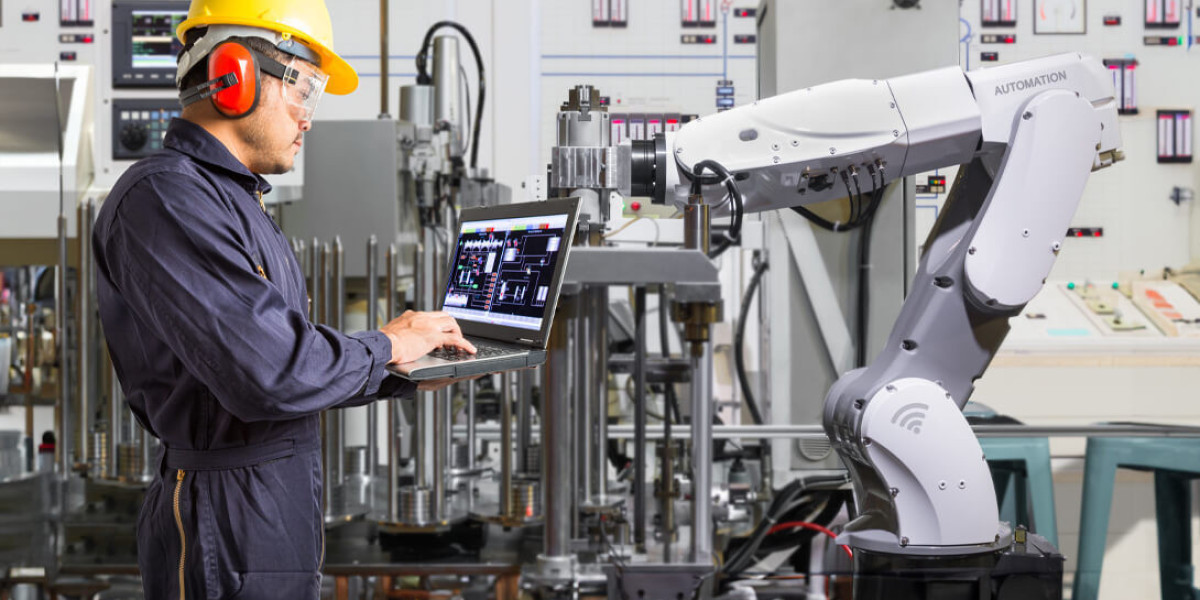The future of industrial quality control is poised to be profoundly more intelligent, predictive, and seamlessly integrated into the very fabric of the manufacturing process, evolving far beyond its current role as a discrete inspection station. Forward-looking Automated Industrial Quality Control Market Market Projections envision a landscape where quality control is not a step that happens after production, but is an intelligent, in-process function that occurs continuously and in real-time. A key projection is the rise of "in-line" and "on-machine" inspection systems. Instead of a separate QC cell at the end of the line, compact, powerful vision systems and sensors will be integrated directly into the manufacturing machinery itself—be it a stamping press, a CNC machine, or a 3D printer. These embedded systems will monitor the quality of the product as it is being created, providing instantaneous feedback. This projection of real-time, in-process monitoring will enable the creation of "self-correcting" manufacturing processes, where the system can automatically adjust machine parameters on the fly to prevent defects from occurring in the first place, shifting the paradigm from defect detection to defect prevention.
Market projections also forecast a significant and inevitable convergence of automated quality control with the concept of the "digital twin." A digital twin is a virtual, real-time replica of a physical product or process. The future automated QC system will not just inspect the physical product; it will also be a primary data source for creating and continuously updating its digital twin. High-resolution 3D scanners and vision systems will capture the precise, as-manufactured geometry of every single part produced. This data will then be compared against the original CAD model (the "as-designed" digital twin) to create a detailed, permanent, and traceable digital record of the quality of every unit. This "digital birth certificate" for each product is projected to be a game-changer for industries that require 100% traceability, such as aerospace and medical implants. It will enable far more sophisticated root cause analysis of failures and will provide a rich dataset for optimizing future product designs and manufacturing processes.
Looking further ahead, the most transformative projection for the market is the creation of globally connected, AI-driven quality management ecosystems. The future is not just about optimizing a single factory; it is about optimizing the entire, global supply network. The quality data generated by automated QC systems from a component supplier's factory in one country will be shared in real-time via the cloud with the final assembly plant in another country. A powerful, centralized AI platform will analyze this data from across the entire supply chain to identify systemic quality issues, predict potential disruptions, and provide a holistic, end-to-end view of quality performance. This projection of a connected, intelligent, and transparent quality data network across the entire value chain will enable a new level of collaboration and optimization, leading to unprecedented improvements in the quality, safety, and reliability of the products that shape our world.
Top Trending Regional Reports -
GCC Business Rules Management System Market








